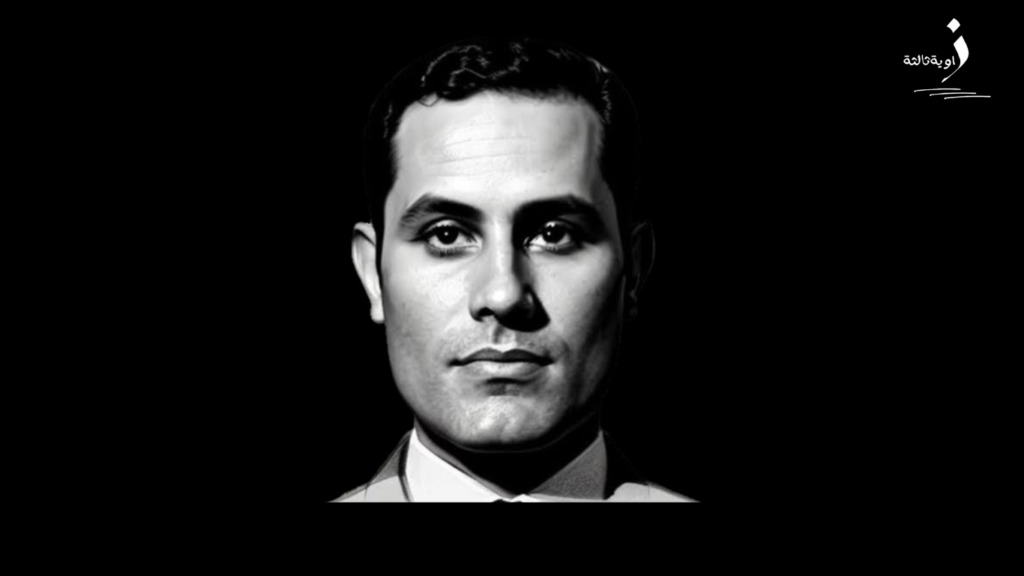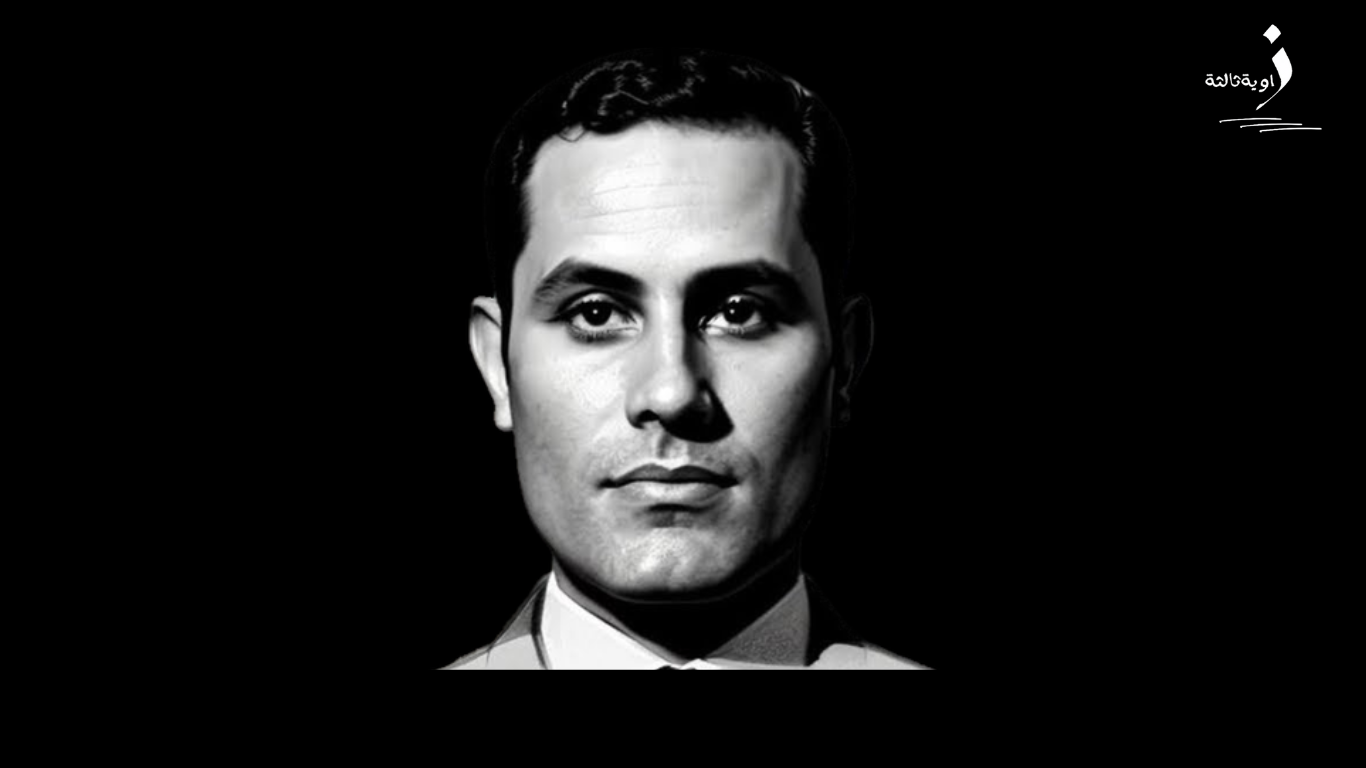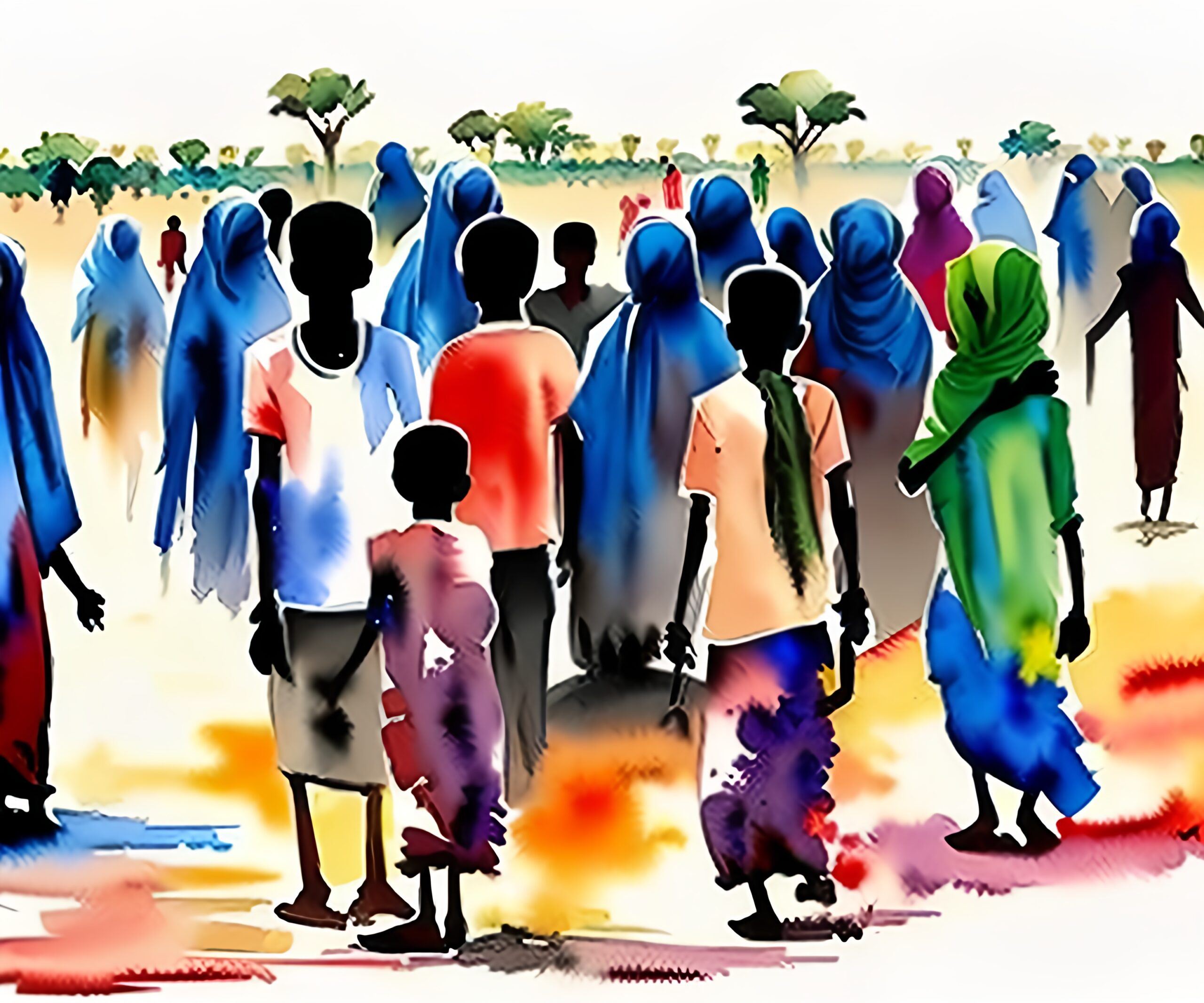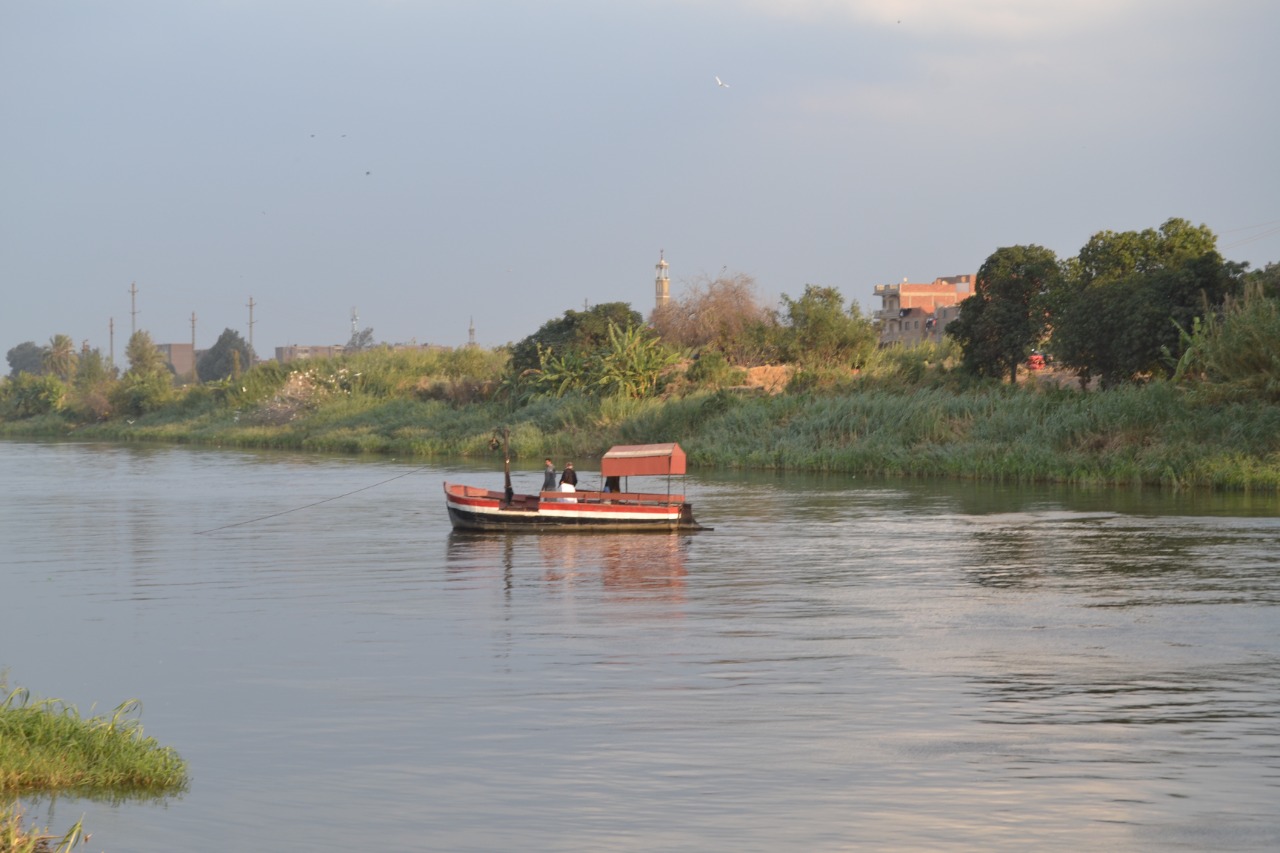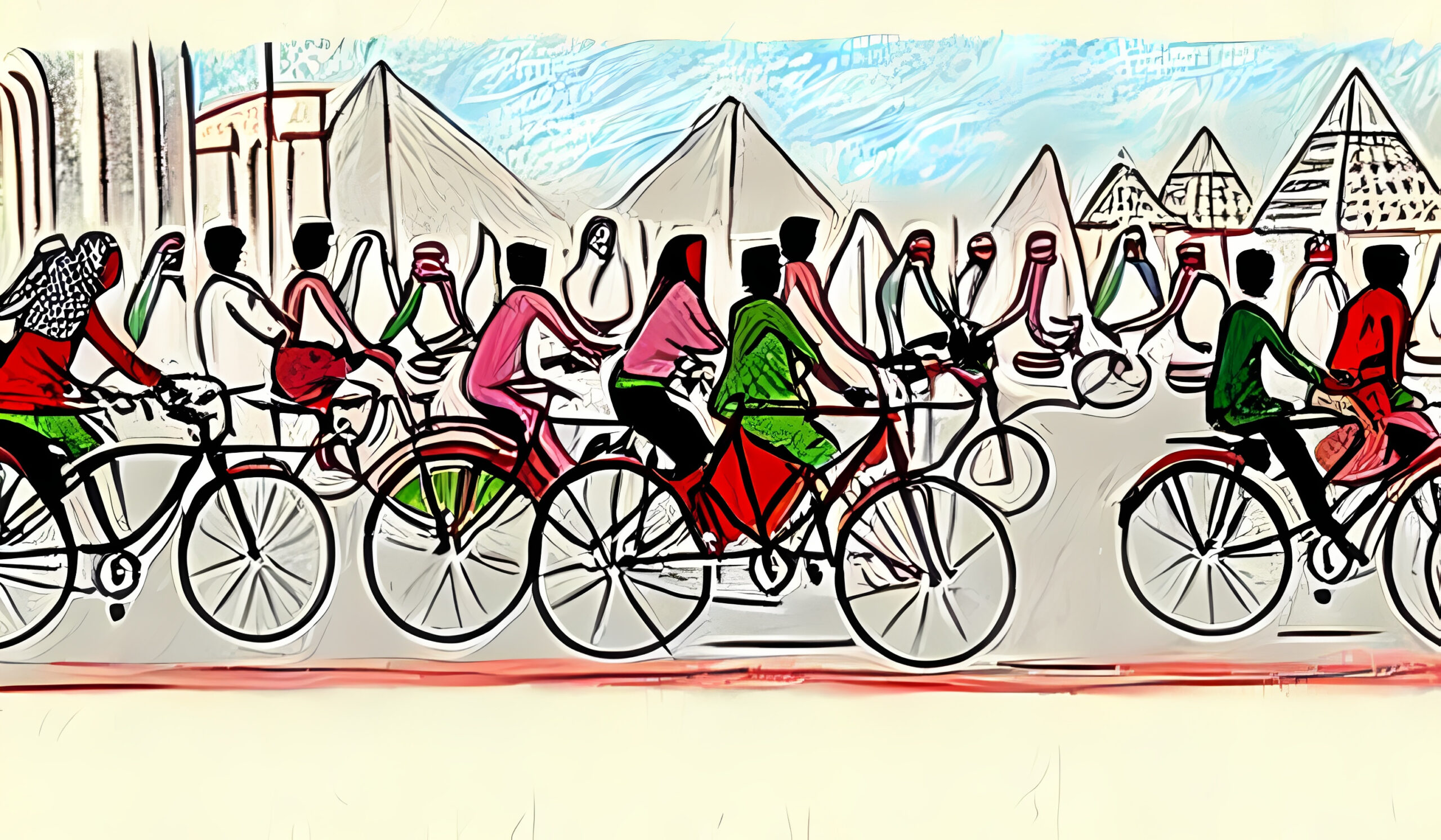“More violations are being committed against us. At any moment, we await the knocks on the door and the police forces storming our home.” These were the words of Saad (a pseudonym), the sister of one of the members of the Egyptian politician Ahmed Tantawi’s campaign. Tantawi had intended to run in the upcoming presidential elections but failed to gather the required number of legal popular endorsements to qualify for submitting his candidacy as a potential candidate.
Saad and her brother thought that their situation would improve, hoping to follow the hope that emerged for only two months before their lives turned into what she described as a raging hell. Her younger brother was detained in the case of endorsements, which has become a recent local headline, due to his desire for potential change. According to Saad, exercising any Egyptian’s political rights has become nearly impossible.
Saad’s brother, along with 22 others arrested in the past month, all members of Tantawi’s election campaign, were today referred to the first session of the Misdemeanor Court in Mataria, in case No. 16336 of 2023, Mataria Misdemeanor, registered under State Security No. 2255. The new development is that the public prosecutor has named Tantawi as the primary defendant in the case, along with Mohamed Abu al-Diyar, his campaign coordinator, as the second defendant. The session has been adjourned to November 28 for the defense to review and submit the power of attorney for the first and second defendants, while the rest of the defendants remain in custody.
The public prosecutor has charged the first and second defendants with participating and conspiring to trade one of the election campaign documents, inciting the defendants from the third to the last, providing them with the model, and printing and circulating without permission from the competent authority. The rest of the defendants were charged with printing and circulating those documents.
Mohamed Abu al-Diyar told “Zawia3” that he attended today as a legal representative for the accused members of the campaign. However, he was surprised to find himself and Tantawi included in the case, which has been adjourned to a later session. He adds, “Despite the referral of the case to the regular misdemeanor court, the prosecutor was from the State Security prosecution, and charges were initially brought against 23 defendants. Two of them were released, and today Tantawi and I were added, making the total number of defendants in the case 23 people from the campaign.” He comments that the endorsements case is moving from the authority based on Article 65 of the Law on the Direct Exercise of Political Rights, which prohibits the circulation of documents related to the election process and considers it a crime punishable by law. Although Tantawi’s call to liberate popular forms did not violate the law fundamentally and did not involve forgery according to the authorities.
He comments, “No arrest warrant has been issued against us yet, but we expected the regime to take measures to restrict our political work. According to the Law on the Direct Exercise of Political Rights, any penalty restricting freedoms is issued against a citizen preventing them from running for the presidency in the future, even if their reputation is restored. These are the same rules that followed the son of the former president, Gamal Mubarak, preventing him permanently from running in elections at any time.” He speculates that the verdict will likely be a financial fine against the defendants in the case, preventing them, according to the law, from exercising their political rights for the next five years. This would pose complications in establishing the “Hope Stream” party announced by Tantawi recently, adding, “It’s a game played by the authorities to prevent us from completing the path of hope and achieving a real political entity.”
The detained campaign members are: Mohamed Ismail, Mohamed Kamal, Ibrahim Nabiha, Alaa Mahmoud, Ali Rashdi, Mahmoud El-Rifai, Ragia Mostafa, Ahmed Abdel-Aal, Abdel Rahman Shahtah, Ali Abdo, Ahmed El-Sayed, Ahmed Hamdi, Hagar Desouki, Ahmed Abdel-Salam, Mohamed El-Shatouri, Ahmed Madi, Sayed El-Sharai, Osama Fawzi, Mahmoud Abdel-Sattar, Abdullah Abdel-Aal, and Shimaa Maher.
What is the popular endorsements?
After Tantawi’s campaign faced numerous violations, as previously reported by “Zawia3,” they resorted to what is known as popular endorsements. They decided to print Form (4), the authorization form prepared by the National Elections Authority, and distributed it to citizens who wanted to authorize Tantawi in front of the Real Estate offices, as long as they were prevented from issuing the authorization inside. These forms were later to be submitted to the National Authority as evidence proving the invalidity of the procedures the regime takes

